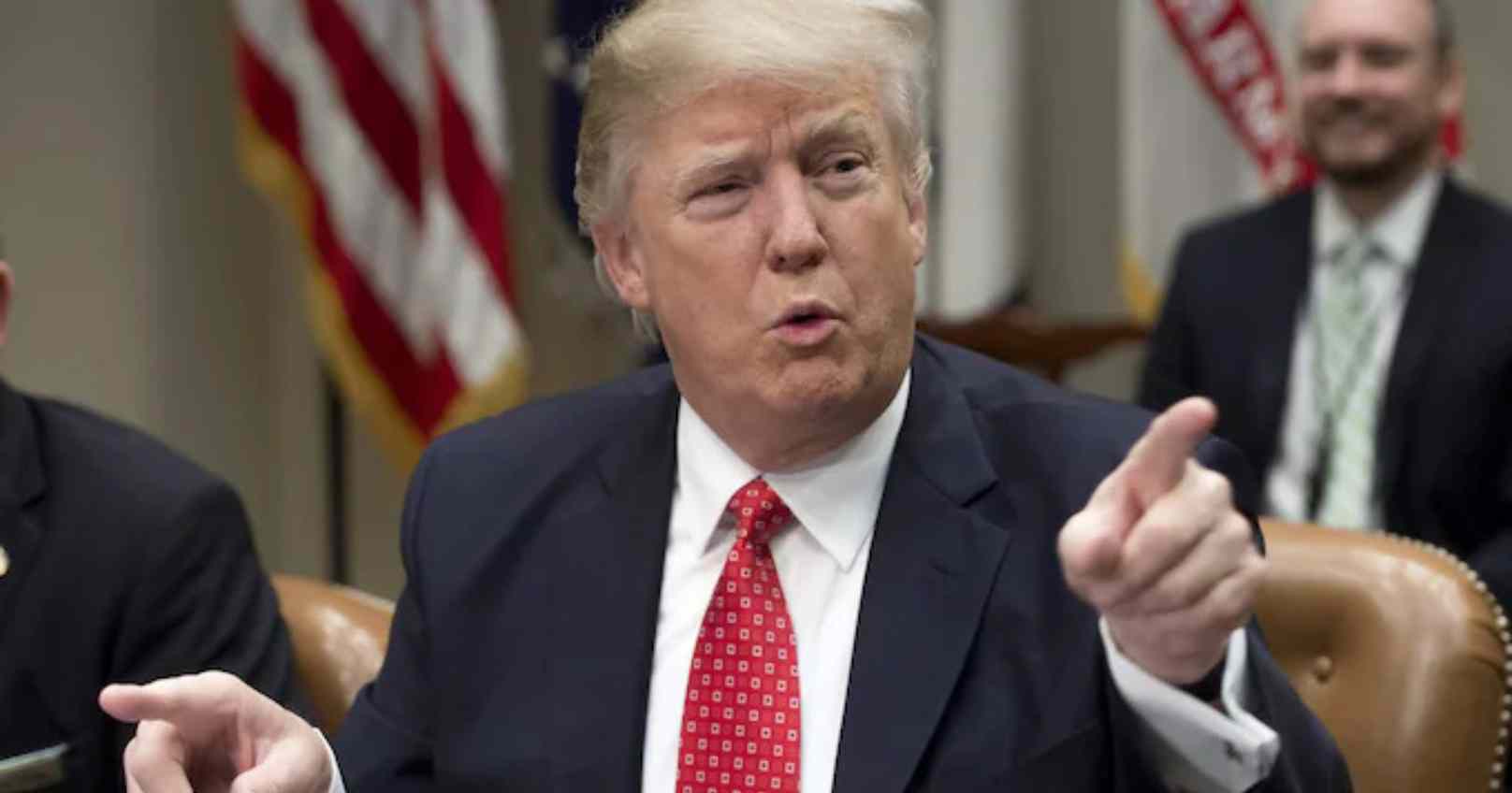In a recent Fox News interview, former U.S. President Donald Trump floated the idea that tariffs might one day become so lucrative they could take the place of the country's income tax system. Pointing to historical examples, Trump noted that from the 1870s until the introduction of the income tax in 1913, tariffs were the government's main revenue source during what he described as a period of peak national wealth.
“There’s a real possibility,” Trump said, regarding tariffs replacing income tax. He mentioned that a commission was created in the late 19th century specifically to deal with budget surpluses — something that, he claimed, changed with the rise of income taxation in the early 20th century.
Challenging the long-held belief that protectionist trade policies worsened the Great Depression, Trump argued the economic downturn began before such tariffs were enacted.
Throughout his presidency and subsequent campaign efforts, Trump has made aggressive use of tariffs a central economic strategy. He claimed the U.S. generated “billions of dollars daily” through tariffs during his term, at times easing the rates temporarily to help businesses adjust.
In the same interview, Trump spoke approvingly of El Salvador’s President Nayib Bukele and his crackdown on crime. He applauded the construction of massive prison complexes in the country, suggesting he might consider a similar model for violent offenders in the U.S., even going as far as suggesting that some criminals could be sent to foreign facilities.
“He’s made it incredibly safe,” Trump said of Bukele’s approach. He also criticized the Biden administration, claiming it allowed dangerous individuals into the country. When pressed about whether American citizens could be sent to these prisons abroad, Trump did not dismiss the possibility, referring to "homegrown" violent criminals as a problem.
Trump's comments come as his administration has temporarily paused a range of previously applied tariffs for 90 days, aiming to offer relief to businesses while trade negotiations are underway. Despite this pause, the administration has sharply raised tariffs on Chinese imports — up to 245 percent — in a bid to strengthen the U.S. economy and shrink the long-standing trade deficit.
Officials say discussions are ongoing with multiple nations to strike favorable trade agreements. Meanwhile, the tariff policy continues to stir concerns on Wall Street, with economists warning of market instability and the potential for a future recession.







